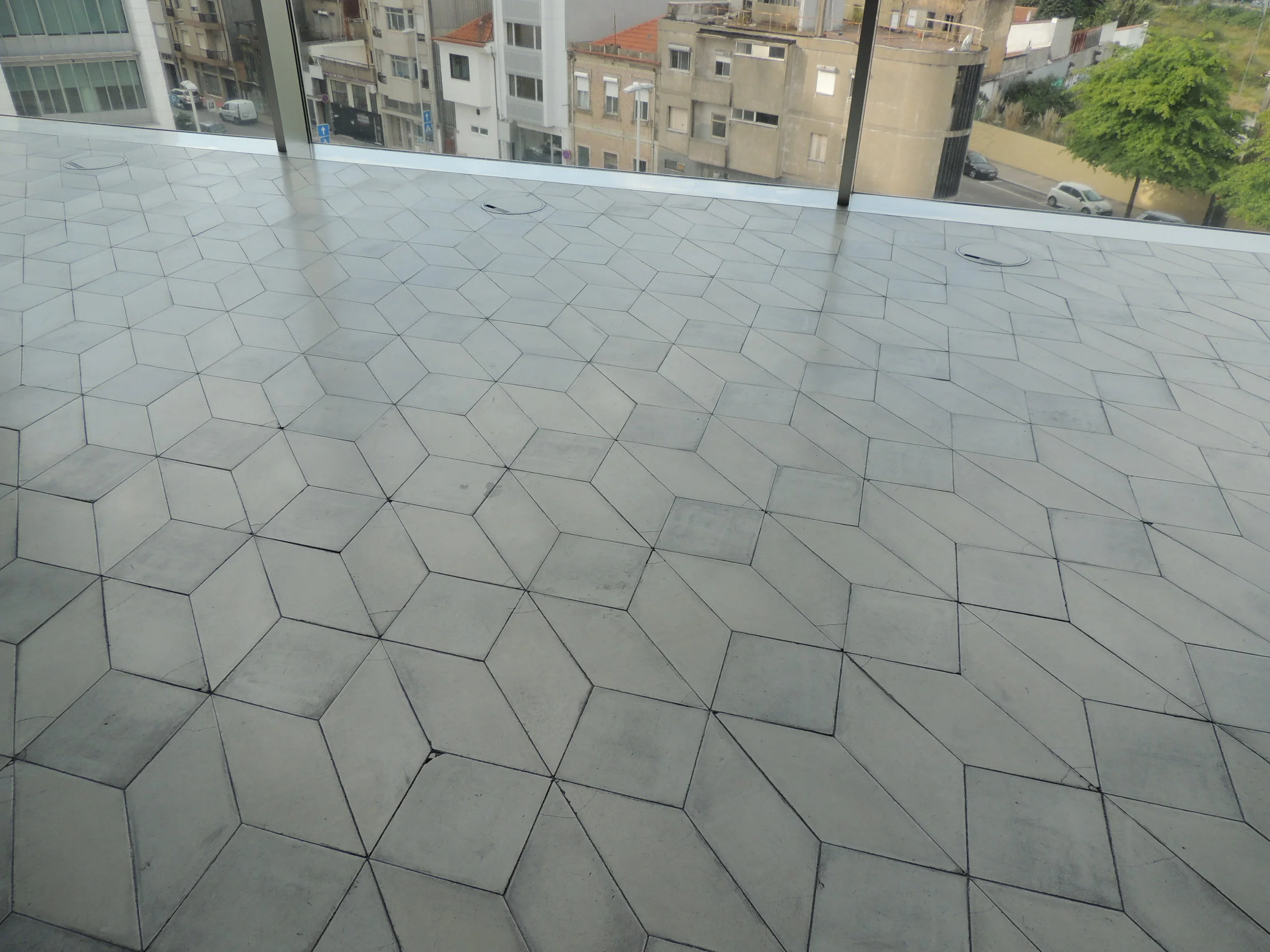PRODUCTS WE LOVE: Rubio Monocoat for Wood Floors
/Are you contemplating the installation of new hardwood floors or wall paneling? Or are your existing wood floors looking worn and dated? We’ve recently discovered (and tested!) a wood oil product worth raving about: Rubio’s Monocoat Natural Oil Finish is a non-toxic, linseed-based product that we love. Manufactured in Germany, Monocoat is applied in a single coat to raw wood floors (or wall panels, countertops or furniture) and allowed to cure for a short time. In about 15 minutes, the wood reacts with the top surface of the wood, bonding permanently to the wear layer and creating a lasting (and beautiful!) finish. Any excess oil is wiped or buffed off after the reaction occurs, and no sanding or additional coats of oil are required. The oil takes about 21 days to fully cure, but it can be walked on (preferably over a layer of paper or cardboard) 24 hours after initial oil application and buffing. Rubio offers a formula that shortens curing time (called Monocoat 2C) to just 7 days.
Aesthetics: We’re loving the pale, rustic results we achieved using Monocoat 2C in white on unfinished white oak flooring. It reminds us of the patina on traditional wide plank Scandinavian oak floors that we’re constantly lusting after, and casts a contemporary and timeless look to almost any space. It feels almost too good to be true that we can achieve such beautiful results with a product that doesn’t compromise our indoor air quality or the health of those involved in its manufacturing processes!
Toxicity: Monocoat’s primary ingredient is linseed oil, also known as flaxseed oil. Many folks ingest flaxseed oil to bone up on Omega 3 intake (though it might not provide the right kinds of Omega 3s to be worthwhile), so we had a feeling using it on our floors would be okay. But we researched linseed oil thoroughly just to be sure. As suspected, pure linseed oil is nontoxic in both its raw and boiled states. Raw linseed oil is the same thing as flaxseed oil, the edible form. It’s nontoxic, but some nutritional sources warn that taking it in moderation makes sense given the small amounts of naturally-occurring cyanide released when it is processed. For interior finish applications, raw linseed oil takes a long time to dry. To accelerate drying time and to produce unIform, viscous coatings, linseed oil is boiled at about 300C for several days. The process, called polymerization, results in true “boiled linseed oil”, also called stand oil. This type of linseed oil is also nontoxic, BUT beware of products called “boiled linseed oil” that are not 100% linseed oil. Many contain hardeners, plasticizers and even heavy metals that make it act like true boiled linseed oil for a fraction of the cost and time.
Rubio discloses Monocoat’s ingredients as follows: natural plant oils, modified plant oils, natural waxes, modified natural waxes, non-aromatic hydrocarbons, lead-free catalytic dryers, and organic pigments. Ideally, we’d like more specific disclosure that what’s listed above. What are “modified” plant oils and natural waxes, and what to the modifiers contain? We’ve reached out to Rubio for further detail and will update this post when we receive clarification. In the meantime, we are heartened to know that the product emits zero VOCs, and that it does not include any of the following: formaldehyde, ammonia, acetone, solvents, preservatives, odor-masking agents, chemical residuals, and heavy metal drying agents like arsenic, beryllium, chromium, cadmium, nickel and lead. A careful review of Monocoat’s MSDS (Material Safety Data Sheet) shows very limited risk in using the product. And while the product does emit an odor during and immediately following application, we actually found the smell to be borderline pleasant (a touch of almond and a dash of cherry, anyone?), and it dissipated markedly within the first 72 hours after application in our tests (for the original formula without the 2C accelerator).
Application: We love how simple Monocoat is to use. We're still wondering how it's possible to achieve a beautiful, permanent, nontoxic finish without multiple coatings or sanding sessions. For preparation, unfinished wood surfaces should be lightly sanded, wiped clean of wood dust, and allowed to dry completely. Then it’s as simple as applying the Monocoat to a small section of wood at a time (roughly 10 SF) using a squirt bottle to control volume application. We then rubbed the oil around for even coverage, and waited 5-10 minutes for the wood and the oil to react before wiping off the excess with a cloth rag and buffing. The oil cleans up with soap, water and vigorous scrubbing, though we recommend working with protective gloves.
Longevity: We’re pleased to report that after over six months of regular use, our experience with Monocoat-treated surfaces remains positive. Rubio states that the product can be reapplied to refresh floors as needed and cover scratches, but that an initial installation should last 3-6 years in a residential setting. We also love that, unlike most prefinished wood flooring products on the market, Monocoat does not contain aluminum oxide, a potentially harmful hardener that is released into the air in tiny particles when sanded.

